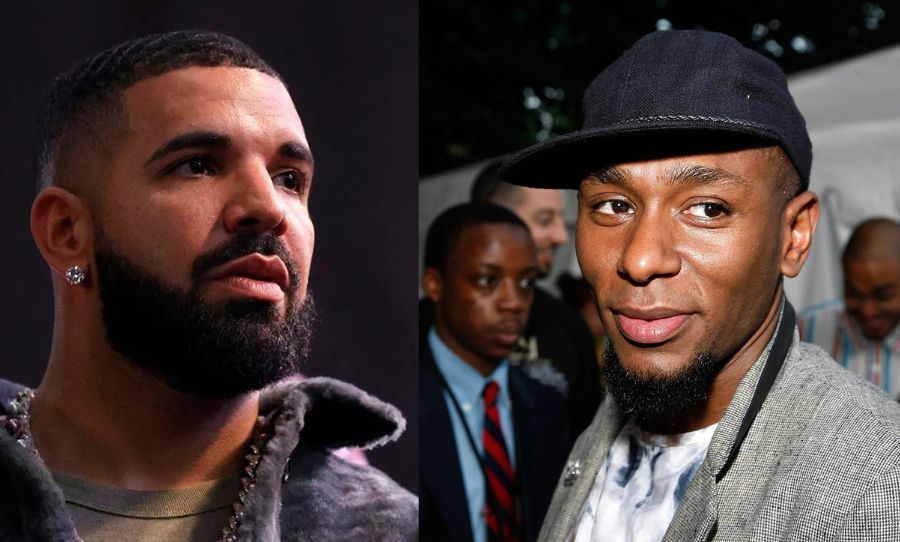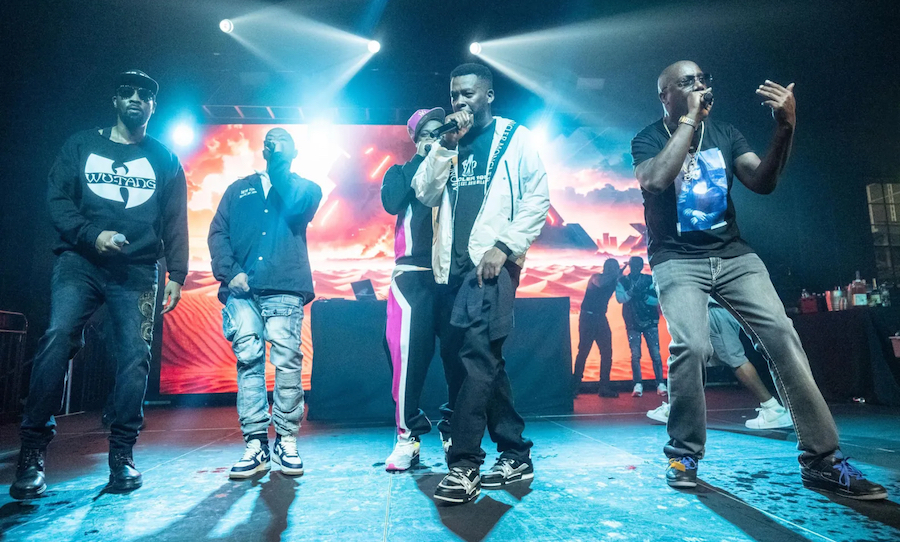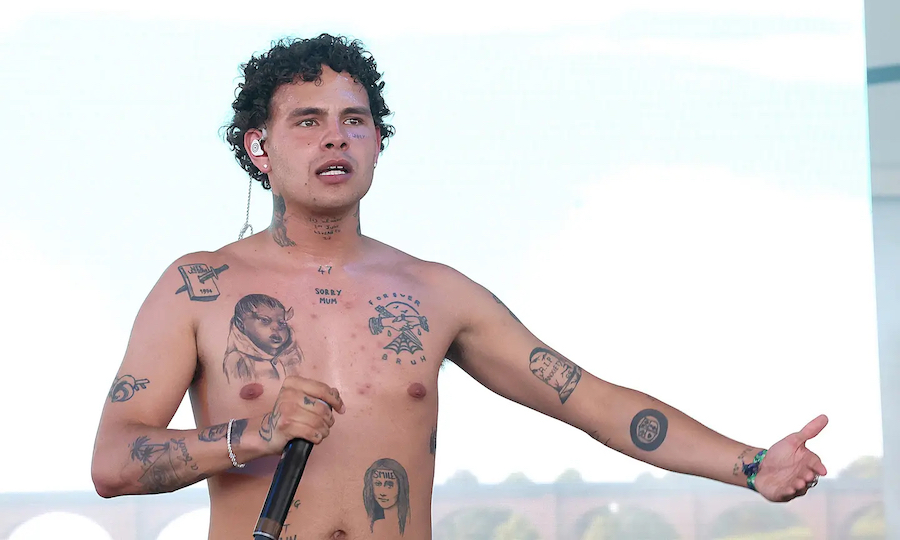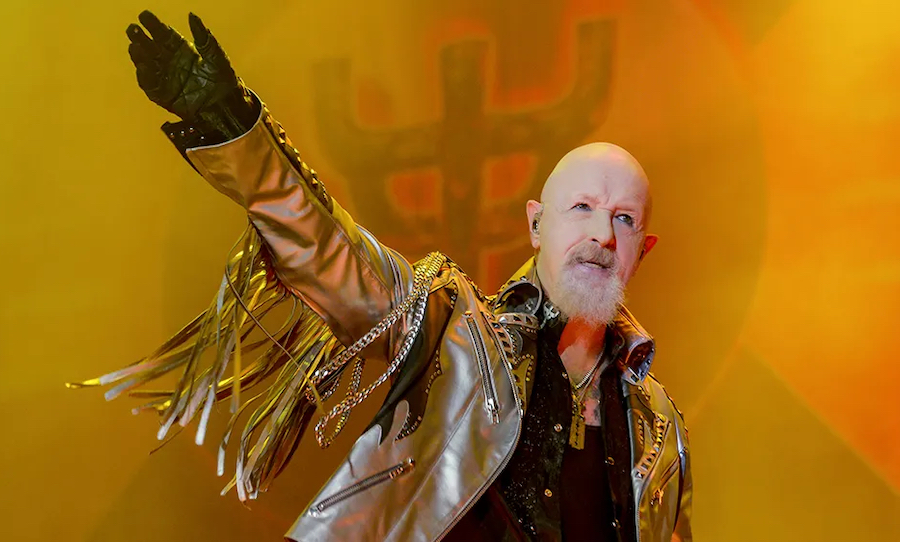Whether praised or dismissed, Mos Def’s comments inject a new layer of critical discussion into the hip-hop scene
The rap game rarely sleeps, and this week it woke up to a fresh ripple in debate of what pertains to be good hip-hop: Yasiin Bey aka Mos Def, shared his thoughts on Drake’s influence in a podcast interview.
“Drake is pop to me. In the sense like, if I was in Target in Houston, and I heard a Drake song… It feels like a lot of his music is compatible with shopping.” Naturally, opinions exploded across the internet, with the online community took it and ran with it.
Yasiin Bey(Mos Def) says Drake’s music is pop and is compatible with shopping at Target.
(🎥 The Cutting Room Floor) pic.twitter.com/RBQtk77bg7
— The Art Of Dialogue (@ArtOfDialogue_) January 13, 2024
Mos Def, whose own journey through the rap landscape spans decades, didn’t hold back. He acknowledged Drake’s undeniable success, recognizing his commercial dominance and catchy melodies. But the discussion veered into murkier territory when Mos Def pointed out a perceived difference in what he termed “the target” of their respective music.
His comments, similar to those expressed by some seasoned figures in hip-hop, point out a perceived shift in the genre. According to him, there’s a move away from social commentary and gritty street narratives towards portraying a more idealized lifestyle of wealth and pleasure, with Drake’s music being compared to the background noise in a trendy shopping mall. In contrast, he sees his own work as aiming to prompt reflection and action.
Some fans viewed this as a critique of Drake’s artistry, while others saw it as a commentary on the changing nature of hip-hop itself. Some felt Mos Def’s perspective was nostalgic, not recognizing Drake’s moments of vulnerability and social awareness. On the other hand, some applauded Mos Def, considering him a guardian of traditional hip-hop values.
This clash of views sparks a broader debate: is hip-hop a fixed entity, constrained by set expectations, or a continually evolving form, embracing diverse voices and expressions? Can both Drake’s chart-topping hits and Mos Def’s introspective rhymes coexist within the same genre, contributing their distinct flavors?
Ultimately, art’s beauty lies in its ability to stimulate conversation rather than enforce a single truth. Whether praised or dismissed, Mos Def’s comments inject a new layer of critical discussion into the hip-hop scene. By challenging norms and welcoming varied perspectives, they emphasize that the genre’s vibrancy stems not from conformity but from the lively clash of ideas and expressions.
So, let the debate continue. Let fans analyze lyrics, scrutinize trends, and champion their preferred voices. Because, in the end, it’s this passionate involvement that keeps the heart of hip-hop beating, driven by the energy of disagreement and a shared affection for the rhythm that courses through our streets.



